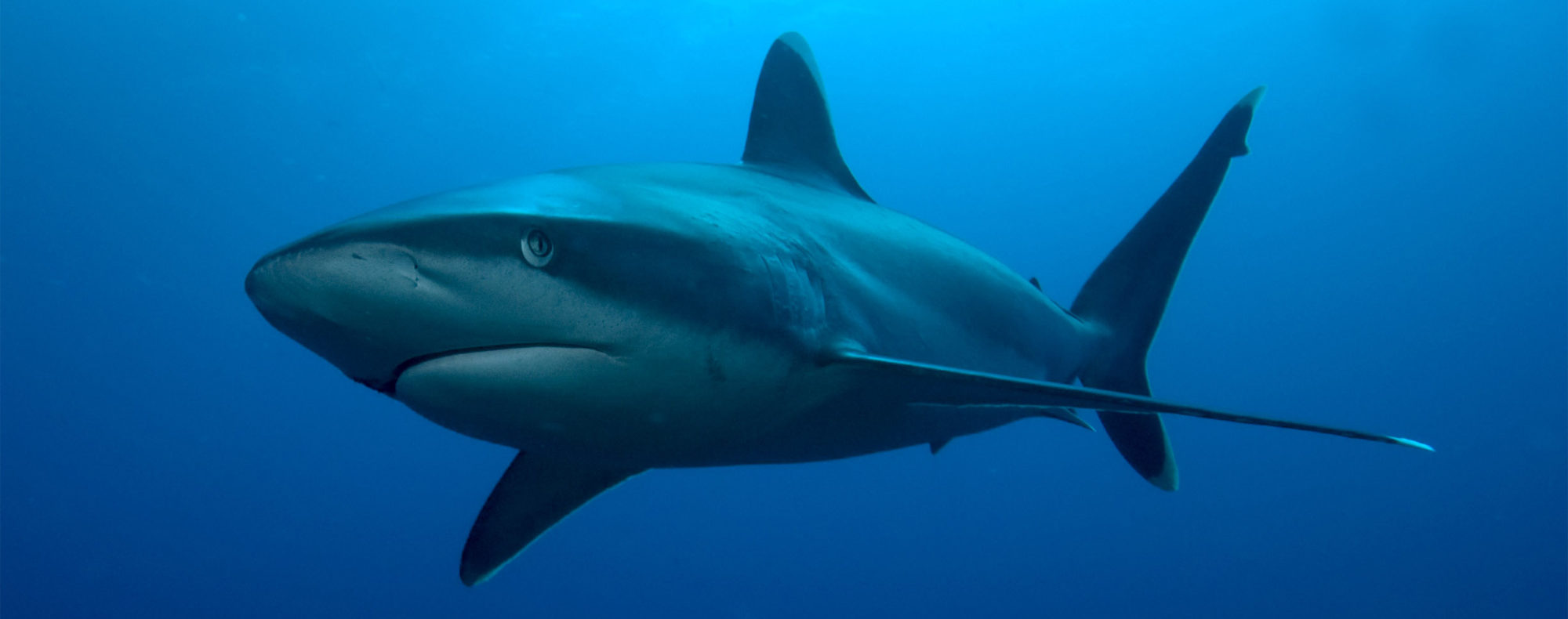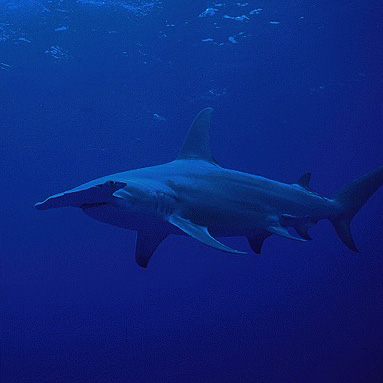L’Australie se sépare de ses filets anti-requins / shark nets will NOT be back in Northern NSW
Le gouvernement de la région australienne du New South Wales vient d’annoncer qu’il abandonnait les filets anti-requins dans le nord de la région. C’est le résultat d’un gros travail de sensibilisation et de l’implication des ONG et des scientifiques auprès des décideurs et du public. La prochaine étape : que tous les filets anti-requins soient retirés des plages d’Australie, et que la mer et ses habitants soient respectés.
Les filets anti-requins sont responsables de la mort de nombreuses espèces marines. Dans cette région seulement, la population locale de dauphins a été décimée, et plus de 420 animaux marins tués pour l’élimination de 11 requins-cibles… Plus précisément, cinq filets ont été installés sur deux plages (Lennox and Evans Head) pendant deux saisons (‘été et printemps 2016–17 et 2017–18). Parmi les « prises accessoires » retrouvées dans les filets : 8 dauphins, 9 tortues, 35 grands requins marteaux (espèce protégée) et plus de 100 raies….
Pour sécuriser les plages, des drumlines sont installées. MAIS, à la différence de la Réunion où les engins de pêche sont installés près de la plage (300/500m), en Australie, on les installe au minimum à 1km des plages… Autre différence majeure : les requins cibles de moins de 3 mètres de long sont relâchés vivants après avoir été marqués, alors qu’à La Réunion, on traque et on tue les requins juvéniles et adultes, et IL N’Y A AUCUNE information sur les prises accessoires, bien que toute cette campagne soit financée par des fonds publics. La Réunion a encore besoin de progresser dans sa perception de l’océan et de ceux qui l’habitent et de comprendre que les humains n’ont aucun droit de préemption sur cet écosystème. Pour en savoir plus : une infographie expliquant comment cela se passe en Australie (en anglais) et l’extrait d’un article australien dont on ferait bien de s’inspirer.
Australia : the New South Wales government has just announced shark nets will NOT be back in Northern NSW. These death nets devastated the local dolphin population and indiscriminately killed more than 420 marine animals since they were first installed. After huge community backlash, these nets are gone for good. The government has finally listened to the science and the community on this issue. Next step will be the focus on the shark nets being pulled from ALL beaches across NSW. (Sources : Action for Dolphins, all rights reserved.)
To read : « More shark nets for NSW: Why haven’t we learned from WA’s cull? » By Leah Gibbs, Senior Lecturer in Geography, University of Wollongong,
« The state’s Environmental Protection Authority received a record number of 12,000 submissions from scientific and other experts presenting reasons to cease the cull. The WA government heeded the EPA’s recommendation and cancelled the policy. Our research with ocean users conducted during this period showed that perspectives are diverse (we surveyed 557 WA-based ocean-users using quantitative and qualitative research methods). Among people who use the ocean regularly, some strongly oppose killing sharks; others are ambivalent; and a smaller number of people are in favour. People’s views and understandings are nuanced and carefully thought through. However, within this group, the strategies for managing shark hazards that were most strongly supported were improving public education about sharks, and encouraging ocean users to understand and accept the risks associated with using the ocean. Other widely supported strategies included developing shark deterrents and increasing surveillance and patrols. The most strongly opposed approaches were those that killed sharks including culling, proactive catch-and-destroy measures, baited drumlines, and shark nets.
In recent years we have been making good progress in Australia on public discussion and investment in more effective and ethical approaches for reducing shark bites. (…). We should continue to invest in developing new strategies that better reflect our contemporary understanding of marine ecosystems. Perhaps we also need to consider (temporarily) altering the way we use the ocean, avoiding areas of higher-than-usual shark sightings. »


Commentaires récents